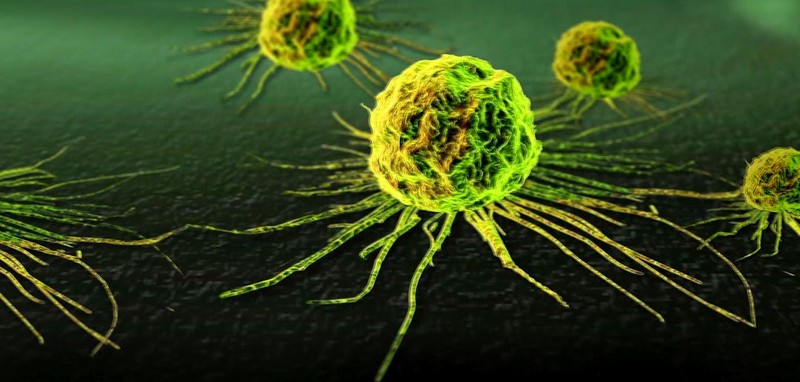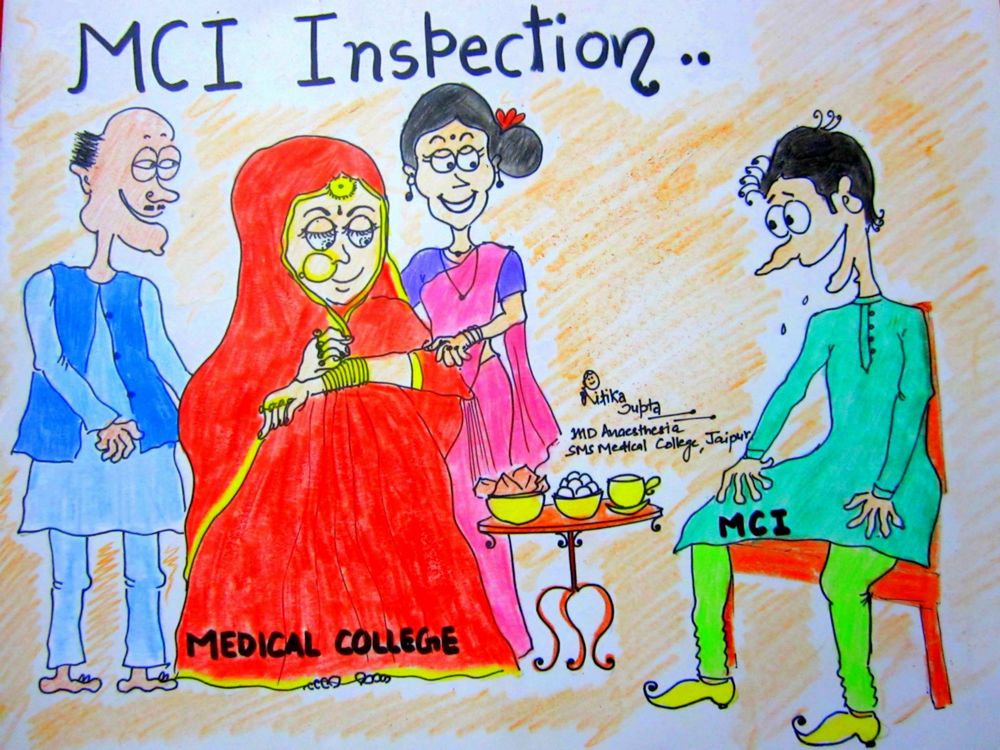The Stages of Addiction Treatment

Addiction is a complex disease associated with a variety of causes, effects and complications. And due to the complex nature of this illness, treatment can involve a number of methods and approaches. For example, in addition to addressing the physical effects of substance abuse and addiction, a successful recovery requires psychological treatment, as well. Find any of the Drug or Alcohol Recovery Centers in your area to help you along the way.

Keep reading to learn more about the stages of substance abuse treatment, including information on methods, effectiveness and more.
Detoxification
Detoxification, or detox, is a process that rids the body of addictive substances. Typically the first stage of inpatient care, detox is often associated with the onset of withdrawal symptoms, especially among patients suffering from alcoholism or addiction to heroin or prescription drugs. Though uncomfortable, withdrawal symptoms are usually benign; however, in some cases, detox can result in more serious effects like dehydration, spikes in blood pressure, seizure, delirium and an increased risk of stroke.
Because of the dangerous complications associated with detoxification, undergoing this process in a safe environment is crucial to health and well-being. During a supervised, inpatient detox, trained professionals can assess the patient’s needs, and provide treatment, accordingly. Those who have had limited success in previous treatments or are unable to commit to an inpatient program should consider at home detox in Texas. This means healthcare experts will come to your home to monitor the detox process and make sure you are safe and comfortable as possible
Also, during detoxification, some patients may need additional medical treatment. Long-term addiction can result in various effects on physical health, some of which may require medical attention. For example, since drug and alcohol abuse can impact the function of the heart, kidneys, liver and digestive system, medication and other therapies are often needed to address these issues. The residential drug treatment is what one needs to get rid of drug problems.
Psychological Treatment
Before initiating addiction treatment, mental health professionals thoroughly evaluate the individual, ensuring a holistic understanding of their condition. This assessment involves several vital components. Firstly, the psychiatrist or psychologist will conduct a clinical interview to explore the person’s psychological state and addiction-related thoughts and feelings. Psychology assessment tools in Singapore or the patient’s area can help.
Simultaneously, the assessment delves into the individual’s medical history to rule out underlying medical issues connected to substance use. The psychosocial dimension involves examining the influence of family, work, relationships, and environmental factors. Standardized assessment tools include the Addiction Severity Index, Mini International Neuropsychiatric Interview, or WHO’s ASSIST to gauge addiction severity and co-occurring mental health disorders.
Biological assessments may be necessary for detecting substances in the system and potential medical complications. Psychological testing helps understand cognitive, emotional, and personality aspects while assessing motivation to change addictive behavior is pivotal. Additionally, identifying co-occurring disorders is critical, and assessing the risk of self-harm or harm to others is imperative.
It is also crucial to consider the legal and ethical considerations, ensuring compliance with confidentiality and reporting mandates. This comprehensive evaluation informs treatment planning, and ongoing reviews and adjustments to maximize treatment effectiveness. Furthermore, considering these aspects helps in obtaining social and government support.
The causes and effects of substance abuse and addiction are deeply rooted in the thoughts, behaviors and experiences of users; therefore, effective treatment almost always involves intensive psychological care. Designed to help patients explore their issues with addictive substances, addiction counseling can provide advantages like the following:
- Counseling can help patients build coping skills, which will promote healthy problem-solving abilities, without the crutch of addictive substances.
- Therapy can help patients learn to identify and avoid addiction triggers, which are people, places or events that induce cravings for addictive substances.
- Counseling can help uncover underlying mental illnesses, which can contribute to substance abuse and addiction. For example, individuals with depression, anxiety and bipolar disorder often use drugs or alcohol as a way of self-medicating symptoms; when these underlying illnesses are properly treated, patients no longer have the desire to self-medicate.
- Talk therapy can help patients address the source of their problems with drugs or alcohol. Many factors can influence a person’s decision to use addictive substances. Whether it’s peer pressure, low self-esteem or some sort of trauma, counseling can help patients work through the causes of the addiction, and promote lifelong health and sobriety.
In addition to one-on-one counseling, substance abuse treatment, can involve other types of talk therapy, as well. Treatment is also available for drug rehab in Springfield, OH. For example, many rehabilitation facilities offer the following types of addiction counseling:
- Group therapy. When it comes to promoting a healthy recovery, group therapy can provide the accountability and peer support necessary to achieving and maintaining sobriety.
- Family counseling. Addiction can have a significant impact on familial bonds and relationships. Family therapy can help repair some of this damage, as well as enhance communication skills and promote a deeper understanding of substance abuse and addiction.
- Followup counseling. While inpatient care can help patients lay the groundwork for a healthy, sober future, many individuals need continued care and support. With aftercare or followup counseling, the odds of recovery are significantly improved, as this treatment method reinforces the healthy habits learned in inpatient care, and provides continued support to recovering addicts.
Addiction is a serious illness, which, if left untreated, can have a severe impact on physical health, psychological well-being and overall quality of life. Thankfully, with the treatment methods listed here, recovery is possible. If you or someone you love is suffering from the effects of substance abuse or addiction, don’t wait in seeking the treatment necessary to a healthier, happier life.
Sources:





